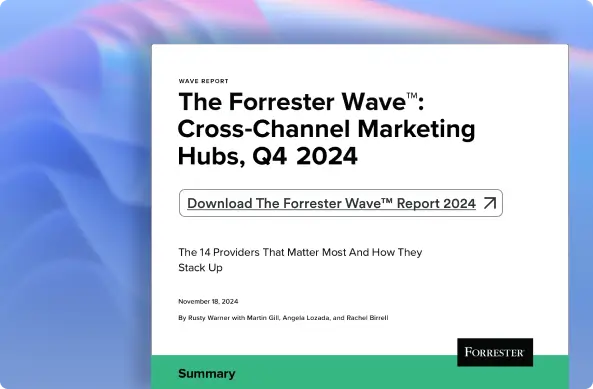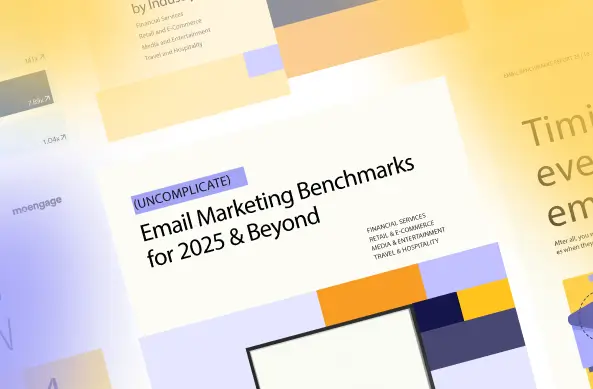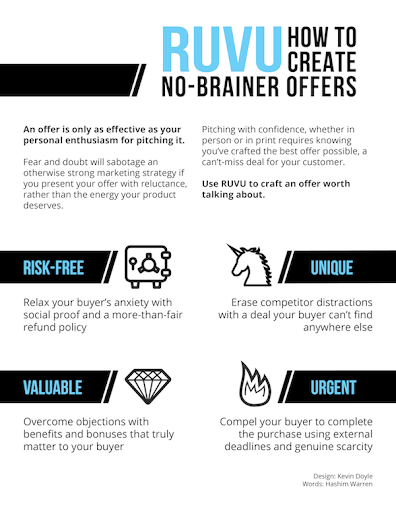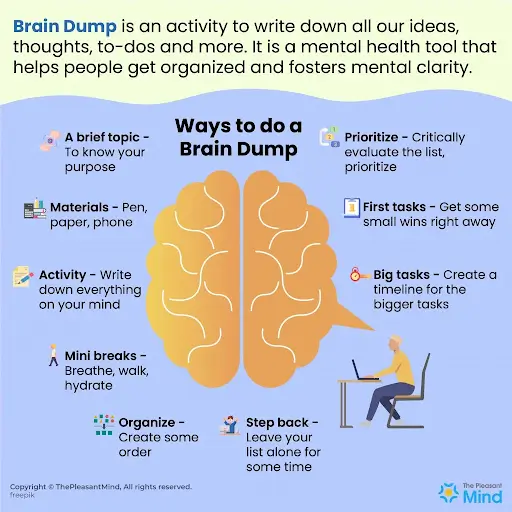How To Craft One Message That Connects With Every Customer
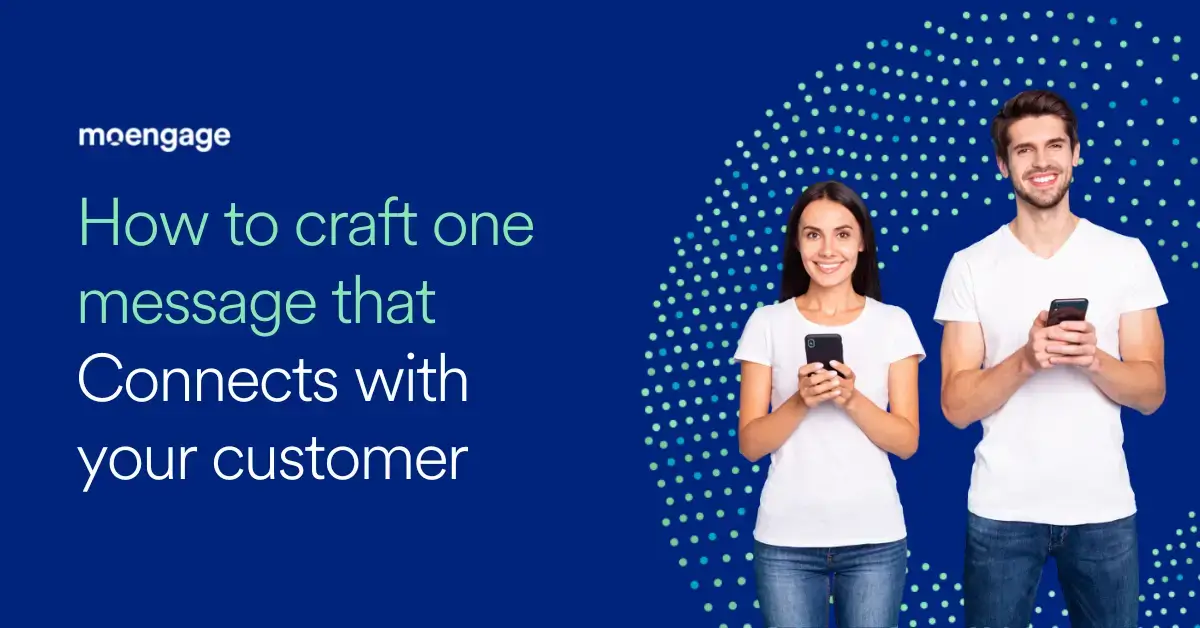
Reading Time: 6 minutes
In a world where you only have seconds to make a valuable impression, how do you know what risks are worth taking — and which are worth forgoing?
How can you connect and engage with customers in a way that makes both them and you feel seen?
How can you show up with intentionality and purpose?
How can you craft a message that speaks to every customer?
If you’re curious to know the answer to these questions, you’ve come to the right place. In today’s blog, we’re pulling back the curtain on brand messaging so you can craft a compelling message your audience can’t get enough of.
Let’s take a closer look at the importance of brand messaging, how to find your brand voice, and — finally — how to craft a powerful brand message.
The Importance of Brand Messaging
Brand messaging isn’t a fancy elevator pitch you use to schmooze customers. It resembles more of a mission statement, expressing your brand’s core values and how you serve your ideal customers.
Your brand message plants a seed in your customers’ minds about who you are and what you stand for. When customers are clear on how your brand can deliver them value, it leaves a lasting impression, propelling them forward to (hopefully) take action.
The right message can nurture your reach customers into conversion and encourage your current customers to continue doing business with you.
And the number one reason why this works?
Connection.
The right message can spark an untethered connection — an alignment of sorts. You know, that feeling you get when you just can’t get enough of one of your favorite brands?
In other words, brand messaging is pivotal to sparking curiosity amongst new customers and nurturing your repeat customers for years to come.
How to Find Your Brand Voice?
While you may be tempted to jot down anything that comes to mind, it takes intentionality to curate a compelling brand voice.
In this section, we’re taking a look at how to unlock your brand voice in just a few simple steps.
Grab a pen and paper — or a digital notepad — and let’s get started.
1. Highlight Your Values
The first step to finding your brand voice is getting clear on what your brand stands for by highlighting your core values.
For instance, do you hold every vegan product up to honest scrutiny before putting it on the market? Then your values include honesty, transparency, and a commitment to quality.
Do you help working moms shave needless hours off their schedules? Then your values include helpfulness, time management, and service.
Do you refuse to put a new frozen food item on the shelf until it’s been taste tested across the country? Then your values include trust, a commitment to quality, and integrity.
Create a “values” section in your notes and jot down your core values.
2. Know Your Competitive Edge (Uniqueness)
The second step to creating your brand voice is knowing what sets you apart from the competition.
So, think about it. What makes you unique?
For instance, are you the only company in your industry that:
- Offers 24/7 customer support?
- Offers custom pricing and a la carte packages?
- Has a patented SaaS feature that automates more tasks than any other Work OS?
- Has proven to save customers more time, money, or stress?
Create a section in your notes called “competitive edge” and add your competition differentiators there.
3. Understand What Pain Points Your Audience Has and How to Solve Them
What problems do your customers have and how do you address them head-on? What customer pain points can you solve better than anyone else?
In this step, jot down at least three core pain points you address and how you solve them better than the competition.
4. Outline Your Irresistible Offers
What do your customers find irresistible about your brand?
Are they obsessed with your leadership coaching packages? Do they sign up for your coding course every Spring? Do your authentic English tea sets sell out every month?
In this step, note every offer your audience can’t say no to.
5. Know Your Audience’s Preferred Language/Messaging Style
How does your audience prefer to be spoken to? Are they busy executives that prefer a direct and to-the-point communication style? Are they artsy millennials that love flowery language and kind words?
In this step, get to know your customers’ preferred language and messaging style. Be sure to notate any specific messaging do’s and don’ts in your notes.
How to Craft a Powerful Brand Message?
The elements you uncovered above are the key pillars that make up your brand voice. But how can you integrate these pillars into a concise and engaging message?
That’s what this next section is here for.
Let’s take a look at how to use your notes to craft a compelling brand message.
1. Analyze the Elements in Your Brand Voice
Take a look at the notes you wrote down in the previous section and circle or jot down any similarities you notice.
For instance, do you notice any:
- Common trends or patterns?
- Repeated phrases?
- Related or repeated messages or words?
- Tone matches?
- Style matches?
For example, if you wrote the phrase “boost ROI” more than once, be sure to add it under the “repeated phrases” section in your notes.
Hold onto this info — we’ll use it in a bit.
2. Conduct a Brain Dump
Grab another fresh piece of paper or online doc and title it “brain dump”.
This exercise is just to get your creative juices flowing, but if you do happen to notice something good, feel free to pin it for later.
Next, write down a short list using the points you gathered before.
Like this:
- Repeated phrases: (enter repeated phrases here)
- Our core values: (enter core values here)
- Audience pain points and how we solve them: (enter pain points and how you solve them here)
- Style and tone: (enter your style and tone here)
- So on and so forth
Read over the bulleted list you created a few times.
Then, write a complete brain dump. Write down anything that comes to mind without editing yourself — yes, even incoherent sentences. Trust the process, they say.
Continue with your brain dump until you’ve gotten all of your creative juices out on the page.
Notice anything worth keeping? Awesome! Circle it and write it down on a new piece of paper.
Don’t notice anything worthwhile? No worries. You’ll get to the juicy part in the next step.
3. Use Messaging Templates
And finally, let’s add some structure to your brand message. This not only encourages consistent branding but saves you some time. Keep a template in the drafts folder of your email app to easily plug in your most popular messages
Here are a few engaging templates you can use:
Template one: Value + Uniqueness + Action step
To use this template, write in the benefits your audience will gain by working with you plus what sets you apart from competitors — and then a call to action.
For instance:
“Our customers save a minimum of 10 hours a week with our exclusive time tracking tool. Sign up for a free month today. No credit card required.”
Template two: Hook + Value + Inspired Outro
To use this template, you’ll hook the audience, share your unique value-add, and then tie it off with an inspiring call to action.
For instance:
“Did you know that only one in four women is using the right moisturizer? Our collagen and jojoba-infused face line come with 14 different customizations for beautifully unique faces like yours. Take our glowing skin forever quiz and enjoy 20% off your first kit.”
Template three: Who We Are + Pain Point We Solve + Proof
To use this template, you’ll write a short blurb about your brand, and the problems you address, and tie it together with social proof.
For instance:
“We’re a project management tool that specializes in helping construction crews get more work done. See how our approach is helping countless crews get organized in this quick video.”
4. Tie it Together with Your Brand Image
Your message isn’t limited to your slogan or company catchphrase. Your message is what makes up your brand — and that includes everything from fonts and images to style and tone. Even different types of logos evoke various meanings and emotions in customers.
Once you’re clear on your exact message, be sure your logo, colors, and brand elements all tie in to reflect a united front. If you’re not sure how your aesthetics can support your core message, ask a graphic designer for help. Additionally, you could consider checking logo ideas online.
Big brands like McDonald’s or Burger King have done such an excellent job at establishing their restaurants’ branding that everyone can easily recognize their ads and products. This is what you should aim for too.
Wrap up
And that’s it!
All that’s left to do is play around with some more messaging options, conduct tests to see what your audience has to say, and then pick the one that receives the highest engagement.
Tada! You just crafted one message that connects with every customer.
Ready to become a magnetic powerhouse and connect with customers old and new? We hope this guide has given you the tools to do just that.


